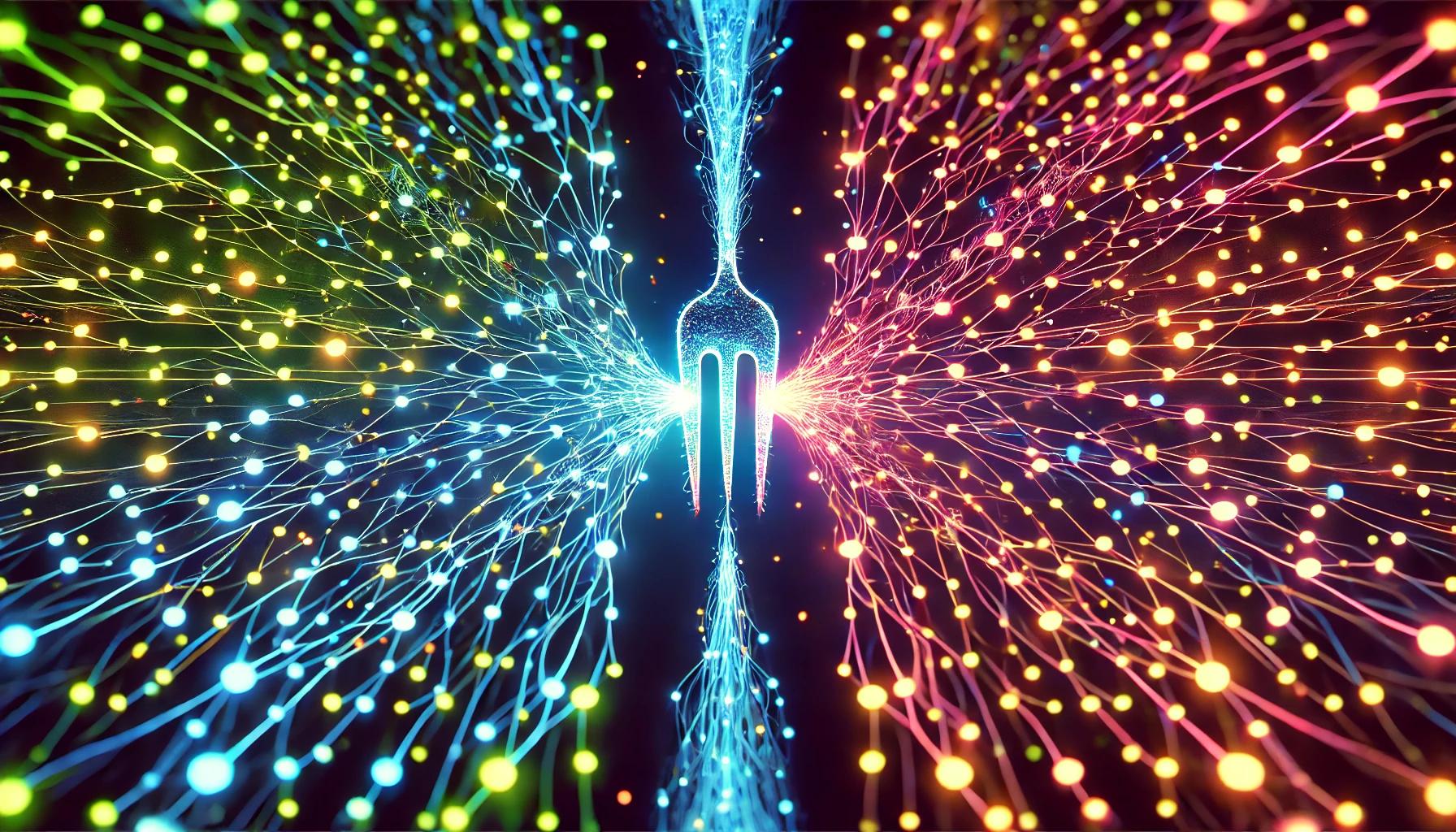[ad_1]

The Chang hard fork aims to shift control from centralized entities to the holders.
Cardano shipped the new version on Thursday, paving the way for the activation of the Chang hard fork and Voltaire upgrade — which will shift governance power from centralized Cardano teams to ADA tokenholders, per the project’s roadmap.
“Cardano node 9.1.0 includes all the features that are necessary to be able to cross the upcoming Chang hard fork,” Cardano said.
Cardano’s node operators or “Stake Pool Operators (SPOs)” — entities that maintain Cardano nodes and validate transactions — are quickly adopting the new software, with roughly 17% of SPOs operating Node 9.1.0, according to PoolTool,
The Chang hard fork will initiate once 70% of SPOs have transitioned to the new node software. Transitioning SPOs to Node 9.1.0 will ensure the network’s stability prior to activating the new governance features.
A hard fork describes when a blockchain’s nodes migrate to a new version of the chain to the network’s software. Forks are a challenging process that requires coordination across an entire network, with dissenting users able to maintain the older version of a chain by continuing to run nodes for the outdated software — causing the network to “fork” in two.
Node 9.1.0 builds on the previous version, the July 8 Node 9.0, and contains patches for bugs and the Genesis file for launching the new chain.
Voltaire
The Chang hard fork aims to shift control of the blockchain from the centralized entities that have historically overseen the network’s development and governance — such as the Emurgo, Input Output Global, and the Cardano Foundation — to ADA holders.
Named after Phil Chang, an early Cardano supporter, this hard fork will usher in decentralized governance via Delegated Proof of Stake (DPoS) consensus, with node operators able to participate directly.
The initial phase of the Chang hard fork will introduce bootstrap governance. a trial phase designed to facilitate the transition to fully decentralized governance.
During this period, an Interim Constitutional Committee (ICC) will be formed to ensure that governance actions adhere to the principles outlined in Cardano’s Interim Constitution. As such, the ICC will have the power to intervene in governance.
Cardano expects Chang will enter its second phase by Q4 2024, marking the full transition to decentralized governance. This phase will introduce Delegate Representatives (DReps), who are individuals or entities elected by ADA holders to propose and vote on governance changes and request ADA delegations.
SPOs will also have voting rights, allowing them to vote on governance issues using the ADA delegated to them by network participants.
ADA is the 11th largest crypto by market capitalization, with a market cap of $14.7 billion, according to The Defiant’s price feeds.
Related: Cardano to Incorporate CIP-69 in Next Upgrade to Streamline dApp Development
[ad_2]
Read More: thedefiant.io








 PinkSale
PinkSale  tokenbot
tokenbot  Bridged USD Coin (Scroll)
Bridged USD Coin (Scroll)  WaterNeuron
WaterNeuron  Covalent X Token
Covalent X Token  OMG Network
OMG Network  Shardus
Shardus  Wen
Wen  Hooked Protocol
Hooked Protocol  Zora
Zora  Magpie
Magpie  cDAI
cDAI  GENIUS AI
GENIUS AI  BBAChain
BBAChain  Sceptre Staked FLR
Sceptre Staked FLR  Infrared BGT
Infrared BGT  Radio Caca
Radio Caca  Advertise Coin
Advertise Coin  Neon
Neon  EarthMeta
EarthMeta  GME (Ethereum)
GME (Ethereum)  GXChain
GXChain  Morphware
Morphware  Gyroscope GYD
Gyroscope GYD  AhaToken
AhaToken  Aegis YUSD
Aegis YUSD  Alien Worlds
Alien Worlds  Heima
Heima  Milady Cult Coin
Milady Cult Coin  Spring Staked SUI
Spring Staked SUI  Step Finance
Step Finance  Avalon
Avalon  Dora Factory
Dora Factory  Laine Staked SOL
Laine Staked SOL  O Intelligence Coin
O Intelligence Coin  Optio
Optio  Noon USN
Noon USN  LUKSO
LUKSO  Coinmetro
Coinmetro  Jambo
Jambo  Guardians Of The Spark
Guardians Of The Spark  Minswap
Minswap  stake.link
stake.link  Camino Network
Camino Network  Port3 Network
Port3 Network